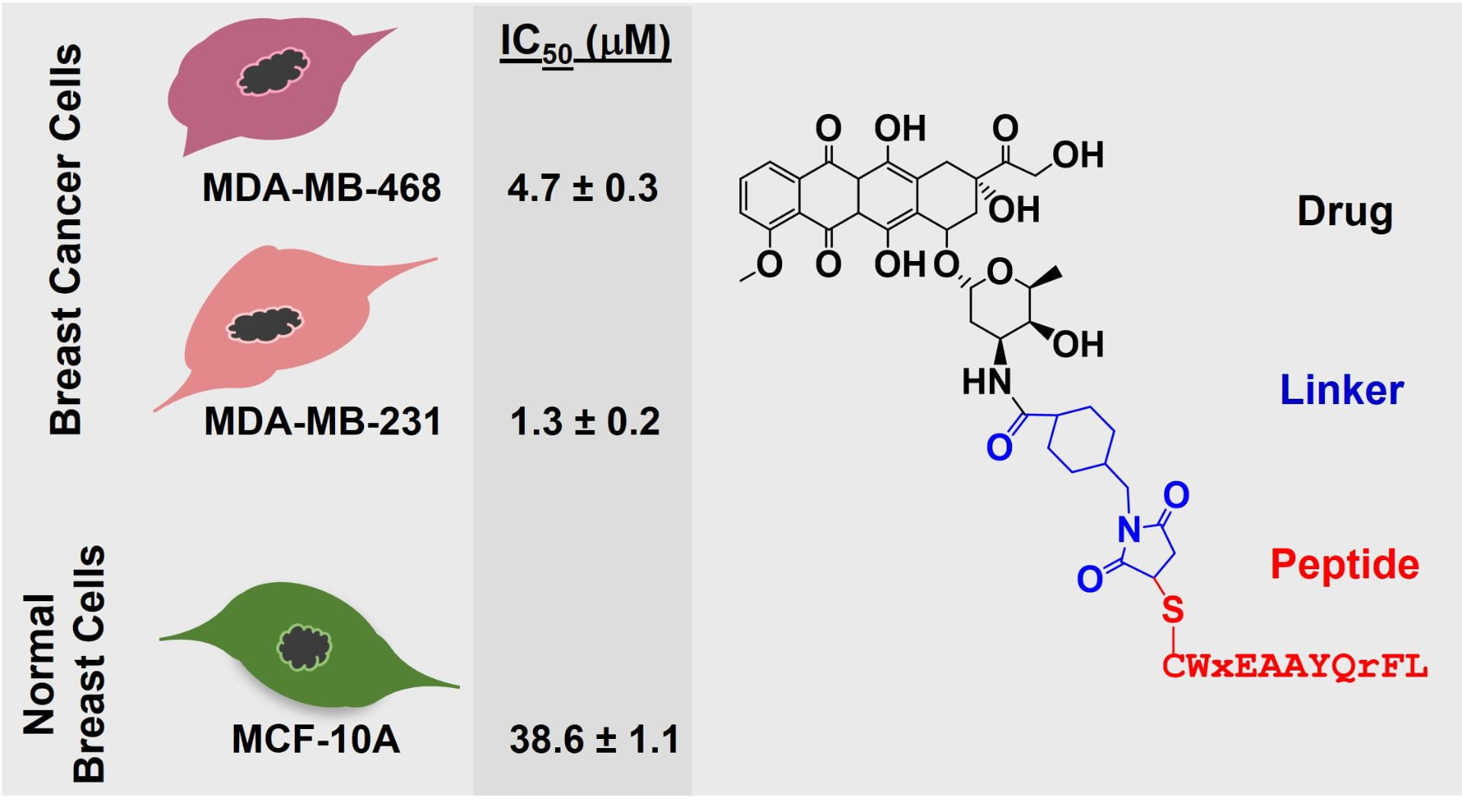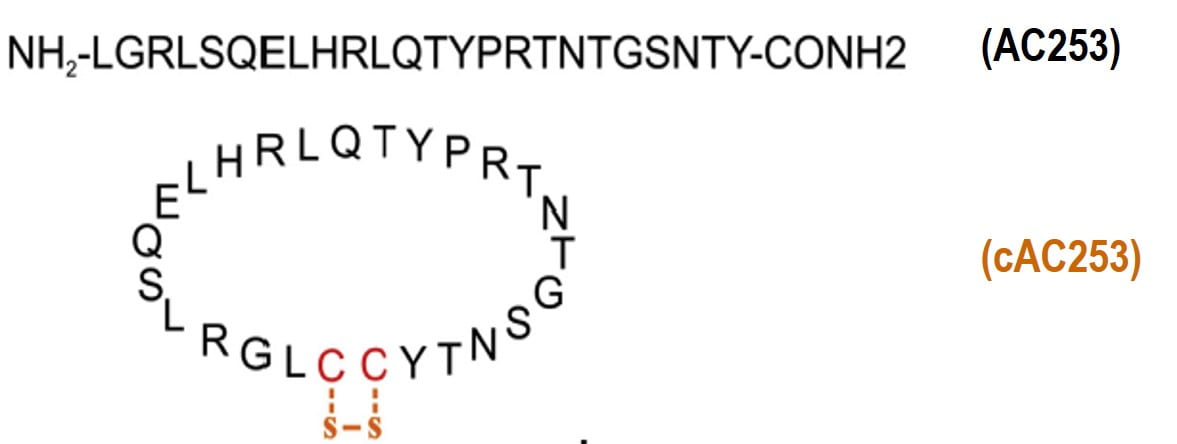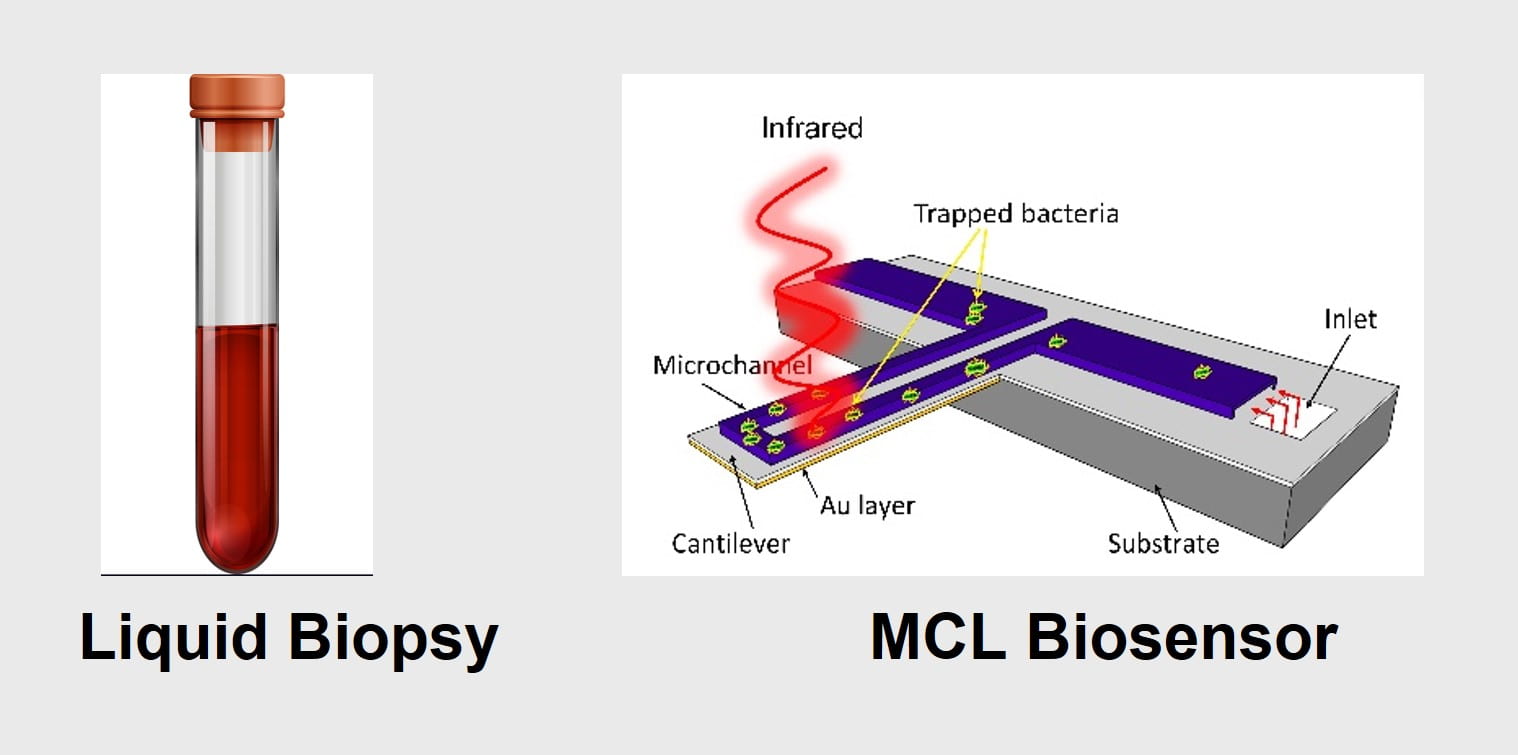Research in Biomimetics and Molecular Engineering Laboratory (BMEL) focuses on the study of biologically active peptides, and the design and syntheses of their metabolically stable analogues. Peptides are oligomers made from monomeric natural amino acids that interact with biological receptors/proteins with high specificity. However, peptides have short half-life because of proteolysis. Peptidomimetics is a science that involves development of synthetic peptides that exhibit similar biological activities as natural peptides but higher stability against proteolysis.
Our research involves studying peptides and peptidomimetics for biological applications. Two main areas that we are currently pursuing are : (i) Targeted drug delivery to cancer and brain and (ii) Biomedical Diagnostics for cancer and bacteria.
 Keywords: Medicinal Chemistry; Targeted Drug Delivery; Diagnostics; Infectious Disease; Breast Cancer; Pathogenic bacteria; Bacteriocins
Keywords: Medicinal Chemistry; Targeted Drug Delivery; Diagnostics; Infectious Disease; Breast Cancer; Pathogenic bacteria; Bacteriocins
Targeted Drug Delivery
- Breast Cancer Targeted Drug Delivery: Our goal here is to engineer breast cancer targeting peptides and peptide-drug conjugates (PDCs) for increasing the therapeutic efficacy of current chemotherapeutic drugs.
- Delivery to Brain: Here we are developing brain penetrant peptidomimetic amylin receptor antagonists for the treatment of Alzheimer’s disease.
Biomedical Diagnostics
- Circulating Tumor Cells (CTCs): We are exploring peptide-based platforms for real time detection of CTCs in blood samples from breast cancer patients. The goal of this project is to develop a blood test (liquid biopsy) for breast cancer detection.
- Pathogenic Bacteria: Antimicrobial peptides produced by bacteria, known as bacteriocins, are being engineered for peptide-based biosensor platforms to detect pathogenic bacteria like Listeria monocytogenes, E. coli, Salmonella, etc. We also study bacteriocins to develop novel antibiotics against pathogenic and resistant strains.



